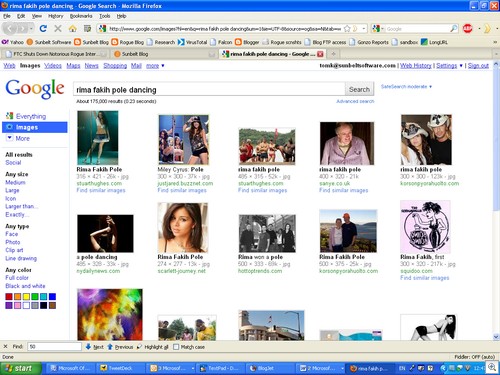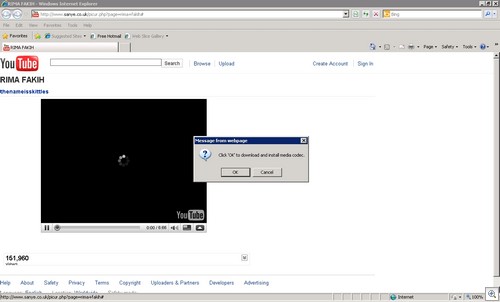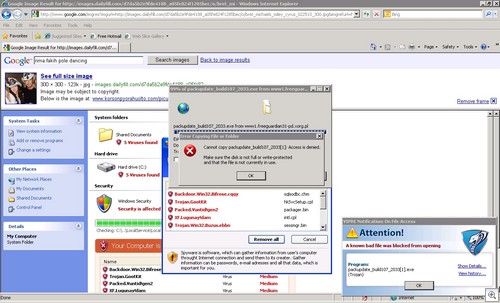The Attorney General of Pennsylvania (and Republican candidate for governor) Tom Corbett has subpoenaed Twitter to find the identities of “bfbarbie” and “CasablancaPA.”
News accounts say Corbett wants information on the two accounts because they were used to criticize his use of grand juries, claiming he used the investigations for political gain.
For several years Corbett has been investigating Democratic legislators and their staffs for using time and state resources for party business. Although there have been many allegations of similar activities by Republican legislators, Corbett has concentrated his fire on Democrats. Needless to say, it’s been a running controversy in that state. And it’s been aggravated recently by the fact that Corbett has been running for governor and just won the Republican primary election.
Someone representing Twitter is to appear before Corbett’s statewide investigating grand jury May 14.
Story here: “AG Corbett Subpoenas Twitter to Name Bloggers”
For some flavor of the controversy, see the story and comments in the Beaver County Times here.
Beaver County is in the political “watershed” of Corbett’s Democratic opponent in the fall election, Dan Onorato who is the Allegheny County executive . Allegheny County is the Pittsburgh area, just east of Beaver County.
Onorato weighs in on the Twitter issue here.
Today the effect on the two Twitter accounts was obvious:
“10storyfallguy RT @hotbutton: INCREASE YOUR FOLLOWERS by having AG subpoena Twitter over you! B4: 2 accts had 190 total; NOW: @bfbarbie 578 @casablancaPA 852 – IT WORKS!”
Reading between the lines I’m wondering if the Twitter accounts were used to discuss testimony or other information from INSIDE some of the grand jury deliberations – which are not public information. Corbett could be going after the people who leaked the information.
Not that I really want to wade into that political morass… ya know… Ahm just sayin’…
Tom Kelchner


















